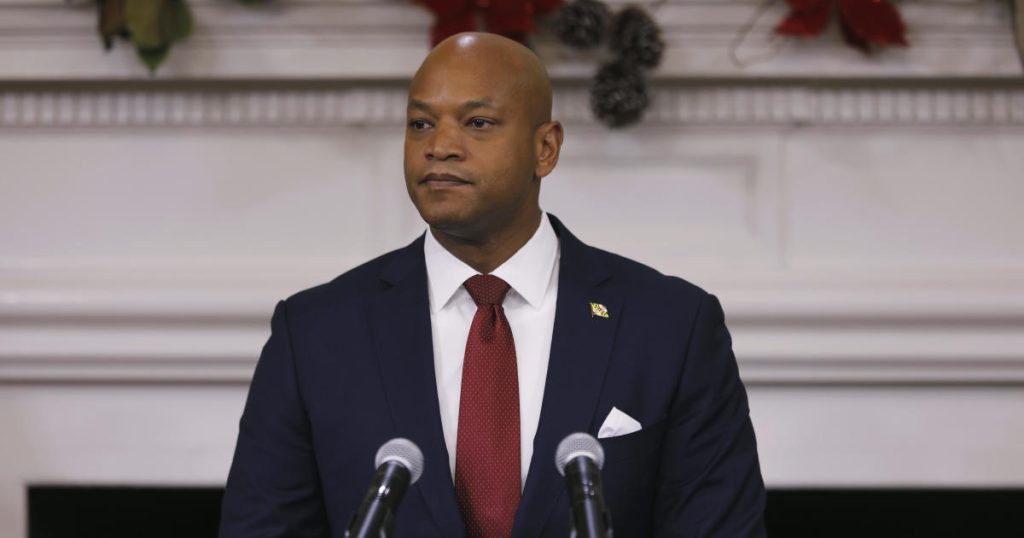Maryland Governor Wes Moore pardoned over 175,000 marijuana convictions in a sweeping executive order. This includes misdemeanor charges for individuals found guilty of possessing small amounts of marijuana. A significant portion of these convictions come from Baltimore City, making up approximately 25%. The governor’s office stated that more than 150,000 convictions are for simple possession of cannabis, while another 18,000 are for possession or use of drug paraphernalia. Governor Moore highlighted the need to address historical injustices that have disproportionately impacted communities of color and hindered their social and economic progress.
In an interview with the Washington Post, Governor Moore expressed his commitment to righting past wrongs through this act of clemency. He emphasized the importance of removing barriers that have hindered inclusive economic growth and perpetuated disparities among different communities. Moore highlighted how criminal records stemming from minor marijuana convictions have hindered individuals from accessing employment, housing, and education opportunities. While the legalization of recreational marijuana in Maryland in 2022 marked a significant step forward, Moore’s actions aim to address the lingering consequences of past criminalization.
The concept of pardoning entails an act of complete forgiveness that absolves an individual of a criminal offense. Only the governor possesses the constitutional authority to grant pardons, which restore civil liberties lost due to a conviction but do not expunge the individual’s criminal record. Expungement, which involves erasing a criminal record, falls under the jurisdiction of the judicial branch. Changes to expungement laws in 2022 have led to the start of wiping out marijuana-related convictions, especially if they are the sole charges on a person’s record. Individuals affected by these pardons do not need to take any action to receive clemency but can check online or at a public courthouse kiosk to confirm their inclusion in the pardon list.
President Biden’s previous efforts to pardon thousands of individuals in 2022 were aimed at decriminalizing marijuana and addressing racial disparities within the justice system. Biden encouraged local officials to follow suit, particularly in states where marijuana legalization has occurred. The push for pardoning marijuana-related convictions aligns with broader efforts to reform criminal justice policies that have disproportionately impacted marginalized communities. By pardoning these convictions, authorities aim to provide those affected with a fresh start and remove barriers that have hindered their progress and opportunities for advancement. This move reflects a broader shift towards a more equitable and just approach to drug policy enforcement.


